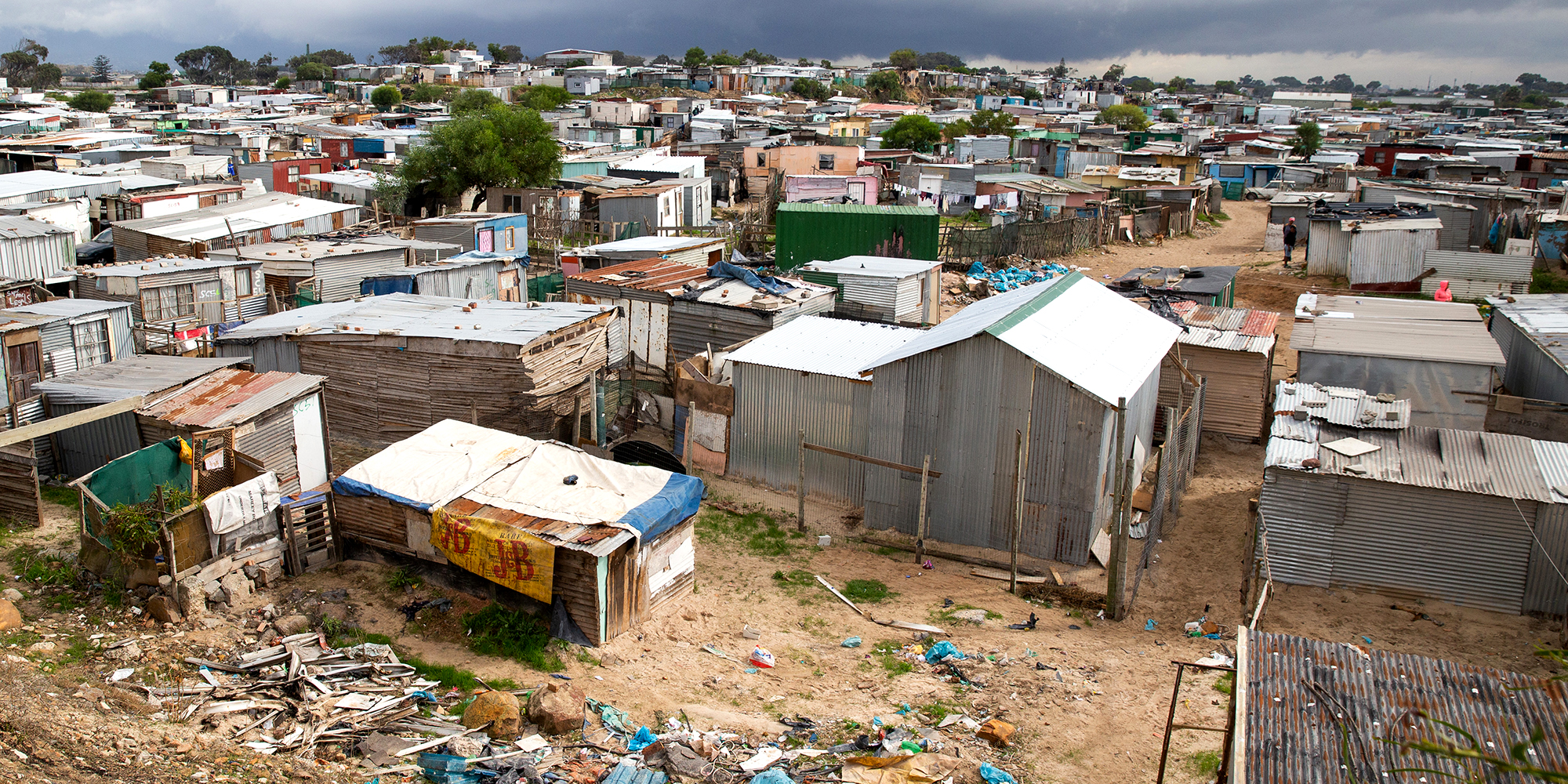Rising interest rates, hurdles to accessing finance, and a limited supply of cheap housing options have created an environment where many more South Africans struggle to afford adequate, low-cost housing. In addition to those who earn too little to buy a house, SA’s “missing middle” are continually excluded from entering the housing market.
To address this, the Department of Human Settlements has devised interventions to help people in the gap market access affordable housing, announced at a media briefing on Monday, 26 August 2024.
The gap market refers to people who earn between R3,5oo and R22,000 a month, which is too much to qualify for government housing, but often too little to buy a house on the open market.
To address challenges in accessing affordable housing, the government is moving forward with the First Home Finance (FHF) initiative, social housing, and the Rapid Land Release Programme to encourage people to build for themselves.
“The Constitution makes it mandatory for us to ensure that all the work that we do creates a conducive environment for every South African to have access to adequate housing,” said Human Settlements Minister Mmamoloko Kubayi.
The First Home Finance initiative provides grants for non-mortgage products through the National Housing Finance Corporation (NHFC).
 Mmamoloko Kubayi during the Launch of the Townlands Social Housing Project on April 10, 2024 in Marabastad, South Africa. (Photo: Gallo Images / Frennie Shivambu)
Mmamoloko Kubayi during the Launch of the Townlands Social Housing Project on April 10, 2024 in Marabastad, South Africa. (Photo: Gallo Images / Frennie Shivambu)
“Since April 2024, the NHFC has approved about 1,151 of the non-mortgage subsidies at a value close to R160-million. The majority of these are from KwaZulu-Natal (283), Gauteng (160) and Limpopo (263),” said Kubayi.
“There is a lot that we are doing in terms of affordability. The whole purpose of [FHF] is to ensure that people [earning] between R3,500 and R22,000 can get a subsidy which will help them get a mortgage from the banks,” National Housing Finance Corporation chairperson Luthando Vutula said.
Vutula said the department was working on an incubator to provide a pathway into the housing market, particularly for previously disadvantaged people.
Earlier this year, the minister and provincial human settlements MECs decided they would transfer old national and provincial government property back to municipalities or to people who had occupied the property for an extended period.
Kubayi said people who had occupied these houses for more than 20 years would be given preference for ownership.
“All provinces have met municipalities to agree on the transfer of properties to beneficiaries and devolution of vacant land to municipalities. Provinces will continue to engage individual beneficiaries to conclude transfer processes, and we will be monitoring the progress,” the minister said.
Social housing in the inner city
Kubayi’s briefing comes after a blaze at an abandoned building in Jeppestown, Johannesburg, claimed the lives of four people and left three injured on Sunday. Johannesburg Emergency Services spokesperson Robert Mulaudzi said three people might be unaccounted for.
Read more: Another fire at ‘hijacked’ Joburg CBD building leaves four dead in tragic echo of Usindiso disaster
New Johannesburg mayor Dada Morero said that criminal syndicates hijacking buildings remained one of the biggest challenges in addressing the issues. However, the occupation of abandoned buildings in the inner city is a symptom of the lack of access to affordable housing for lower to no-income people in the nation’s metros.
On access to housing for people who earned less than R3,500, Vutula said Human Settlement’s rental programme, which provides social housing in inner cities, was working to make safe housing opportunities more affordable for this group.
“This includes the trust for urban finance which operates in the inner cities. The intention here is to bring people into the inner city to be closer to their working environments,” Vutula said.
Speaking specifically about the housing situation in Johannesburg, Kubaye said the Department of Human Settlements, in partnership with public works, had assessed 148 buildings in the metro which could be repurposed for affordable housing. The department was looking to work with the Public Investment Corporation (PIC) to have the funds available to repurpose buildings for social housing in the inner city.
Kubaye said access to the funding would also help developers gain access to capital to build new properties and make more housing stock available for social housing.
Read more: The City of Johannesburg does have an inner-city housing plan – it just hasn’t implemented it
Financial institutions are a barrier for missing middle
One barrier to accessing affordable housing is issues with obtaining loans and bonds from financial institutions. Using the Home Loan and Mortgage Disclosure Act, the department analysed the trend in home loan lending to understand how many people were being excluded from access to housing opportunities.
To keep financial institutions accountable, the Home Loan and Mortgage Disclosure Act compels financial institutions to disclose information about their lending activities and practices in the home loan market.
“The rejection rate of home loan applications has remained high, averaging around 68%, in recent quarters, further highlighting the challenges faced by the gap market in accessing finance,” Kubaye said.
The minister said the financial institutions cited in their disclosures bad credit and lack of affordability as reasons for declining applications.
According to the department, mortgage approvals for people who earn below R15,000 declined from 36% to 23%.
“Approximately half of the applications are declined, which is an indication the number of people who can’t access housing is still high… That is what worries us. We are saying we are dealing with triple challenges in the country of poverty, unemployment and inequality. So when we look at this rate of rejections it perpetuates and continues to increase in terms of inequality in South Africa,” Kubaye said. DM




 Human Settlements Minister Mmamoloko Kubayi. (Photo: Gallo Images / Frennie Shivambu)
Human Settlements Minister Mmamoloko Kubayi. (Photo: Gallo Images / Frennie Shivambu)